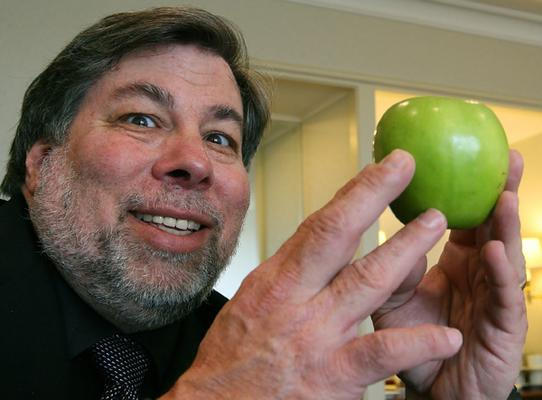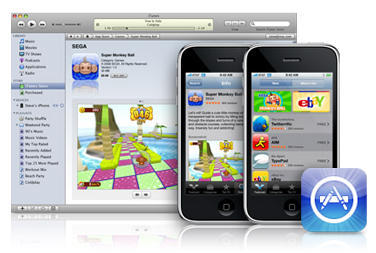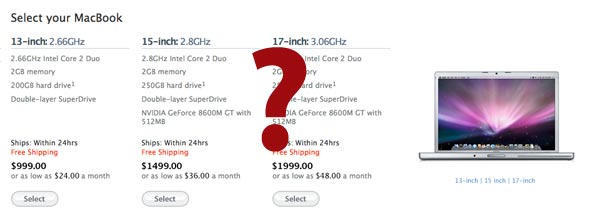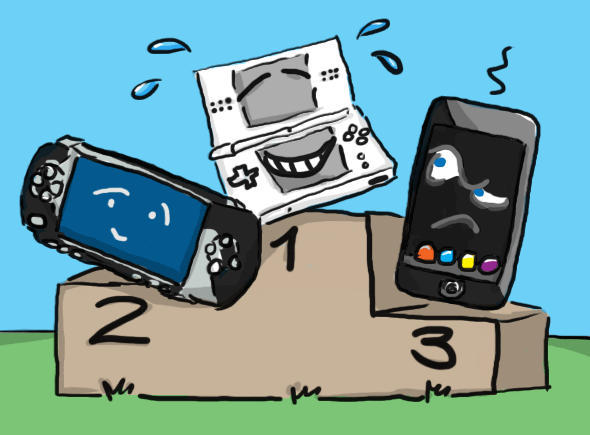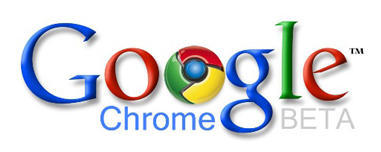Nearly 75% of US college students believe WiFi access on their college campus helps them get better grades, according to a recent survey conducted for the Wi-Fi Alliance.
Wakefield Research polled 501 US college students in September 2008 and found that nine out of ten say Wi-Fi access is as essential to education as classrooms and computers, while nearly three in five say they wouldn’t go to a college that doesn’t have free Wi-Fi. Almost 80% percent said that without Wi-Fi access, college would be a lot harder.
“Wi-Fi has become a universal expectation among college students, and their attitudes towards technology are a good indicator of broad changes underway in how we as a society learn, work and communicate,” said Edgar Figueroa, executive director of the Wi-Fi Alliance, the global trade organization representing the Wi-Fi industry.
For students today, getting connected no longer means reserving a station at the computer lab or going to the library. Undergrads log-in at coffee shops and restaurants (55%), in parks (47%), and even in their cars (24%). 60% of the survey respondents agreed widely available Wi-Fi on campus is an indication that a school cares about its students.
It’s a given that students will always adapt readily to changing technology and circumstances, that the wide availability of calculators, for example, led to higher grades in Math courses for some students, starting in the 1970s. But can Wi-Fi itself lead to better academic performance?
It depends what it’s used for: More than half of the survey respondents admitted to having checked Facebook or MySpace and sent or received e-mail while using their laptop in class. Just under half sent instant messages to a friend during class. Those uses of Wi-Fi are certainly not apt to produce higher scores.
On the other hand, 48% of the students said they would rather give up beer than give up their Wi-Fi, so perhaps we are in a nascent period of higher academic achievement after all.
Via MacWorld UK
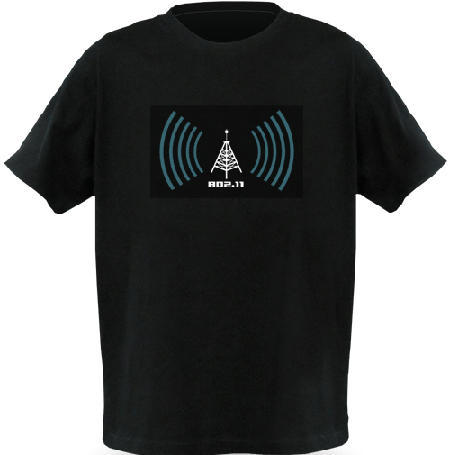


 I cooked up many reasons to justify buying an iPhone, and the fact that it had a camera (no matter how poor quality) was one of them. I liked the idea of having a camera that was so well integrated with the rest of the software on the machine.
I cooked up many reasons to justify buying an iPhone, and the fact that it had a camera (no matter how poor quality) was one of them. I liked the idea of having a camera that was so well integrated with the rest of the software on the machine.